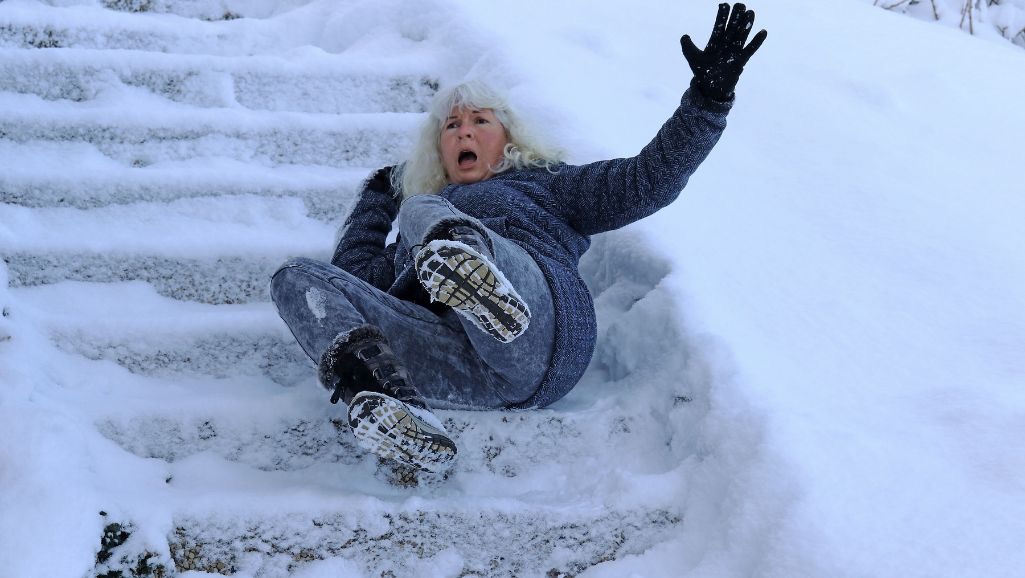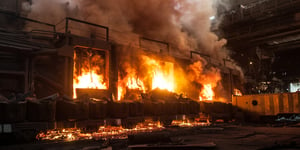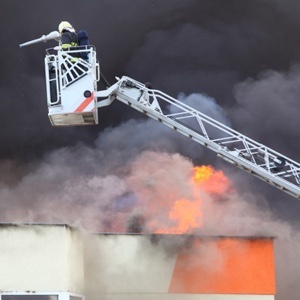 For contractors, safeguarding their business against unforeseen risks is a wise and critical decision. General liability insurance is a cornerstone of that protection, shielding contractors against many potential legal and financial pitfalls. From accidental property damage to unforeseen bodily injuries on the job site, liability insurance ensures that contractors can navigate their projects with confidence and security.
For contractors, safeguarding their business against unforeseen risks is a wise and critical decision. General liability insurance is a cornerstone of that protection, shielding contractors against many potential legal and financial pitfalls. From accidental property damage to unforeseen bodily injuries on the job site, liability insurance ensures that contractors can navigate their projects with confidence and security.
This article will explore the essentials of general liability insurance for contractors, discussing what it covers, common exclusions, and how contractors can add a layer of protection by bidding on their projects properly.
Coverage Scope
Here's an explanation of the scope of coverage for general liability insurance for contractors:
- Bodily Injury: General liability insurance covers bodily injury claims to third parties on your job site or because of your business operations. For example, if a visitor to your construction site trips over equipment and gets injured, your policy would cover medical expenses, legal fees, and any settlements or judgments arising from the claim.
- Property Damage: This coverage includes damage to someone else's property resulting from your work. If your construction activities accidentally damage a client's home or neighboring property, general liability insurance would cover the repair or replacement costs and any legal expenses in case of a lawsuit.
- Personal and Advertising Injury: General liability insurance provides a broad range of protection, including coverage against various non-physical injuries, such as defamation, libel, slander, wrongful eviction, and false advertising.
- Completed Operations: After a project is finished, issues stemming from your work could arise. For instance, if faulty wiring you installed causes a fire after the project completion, this coverage would handle the resulting property damage or injury claims.
- Product Liability: Product liability insurance can cover the associated costs if your construction includes using specific products that result in damage or harm after job completion. For instance, if a structural component you provided fails and causes damage, this policy will address the claims.
Common Exclusions
While general liability insurance covers a broad range of risks, it does come with specific exclusions and limitations. Common exclusions include:
- Professional Liability (Errors and Omissions): This would cover disputes arising from professional advice or services.
- Employee Injuries: Typically, workers' compensation insurance covers these injuries.
- Intentional Acts: Any damage or injury caused intentionally is not covered.
- Automobile Liability: Businesses need separate commercial auto insurance for vehicle-related incidents.
Importance of Project Bidding
Project bidding is crucial since it ensures a clear definition of the scope of work and responsibilities, reducing ambiguities that could lead to disputes. It allows contractors to identify and manage risks, providing appropriate safety measures and insurance coverage are in place.
Detailed bids lead to comprehensive contracts with protective clauses, helping mitigate potential liabilities. Accurate bidding also aids in financial planning and demonstrates compliance with legal standards, building client trust and reducing the likelihood of claims. Effective bidding encourages transparency, risk management, and legal safeguards essential for minimizing liabilities.
Contact Us Today to Save on General Liability Insurance for Contractors
Still have questions? Contact American Insuring Group for the best rates on general liability insurance for contractors. As independent brokers, we shop the market to find you the best deal on quality insurance!
So call us today at (610) 775-3848 or click here to start saving!



 Workers' Comp Insurance
Workers' Comp Insurance Being a landlord can be financially rewarding; however, to be successful, landlords need to understand potential liability issues, take actions to prevent them, and ensure they have the right
Being a landlord can be financially rewarding; however, to be successful, landlords need to understand potential liability issues, take actions to prevent them, and ensure they have the right 
 Contractors Insurance
Contractors Insurance Every business in Pennsylvania with one or more employees is required to provide
Every business in Pennsylvania with one or more employees is required to provide  Do you think that
Do you think that  As the
As the  Restaurant Insurance
Restaurant Insurance Contractors, how confident are you in your
Contractors, how confident are you in your  Call our experienced independent agents at American Insuring Group at
Call our experienced independent agents at American Insuring Group at 



